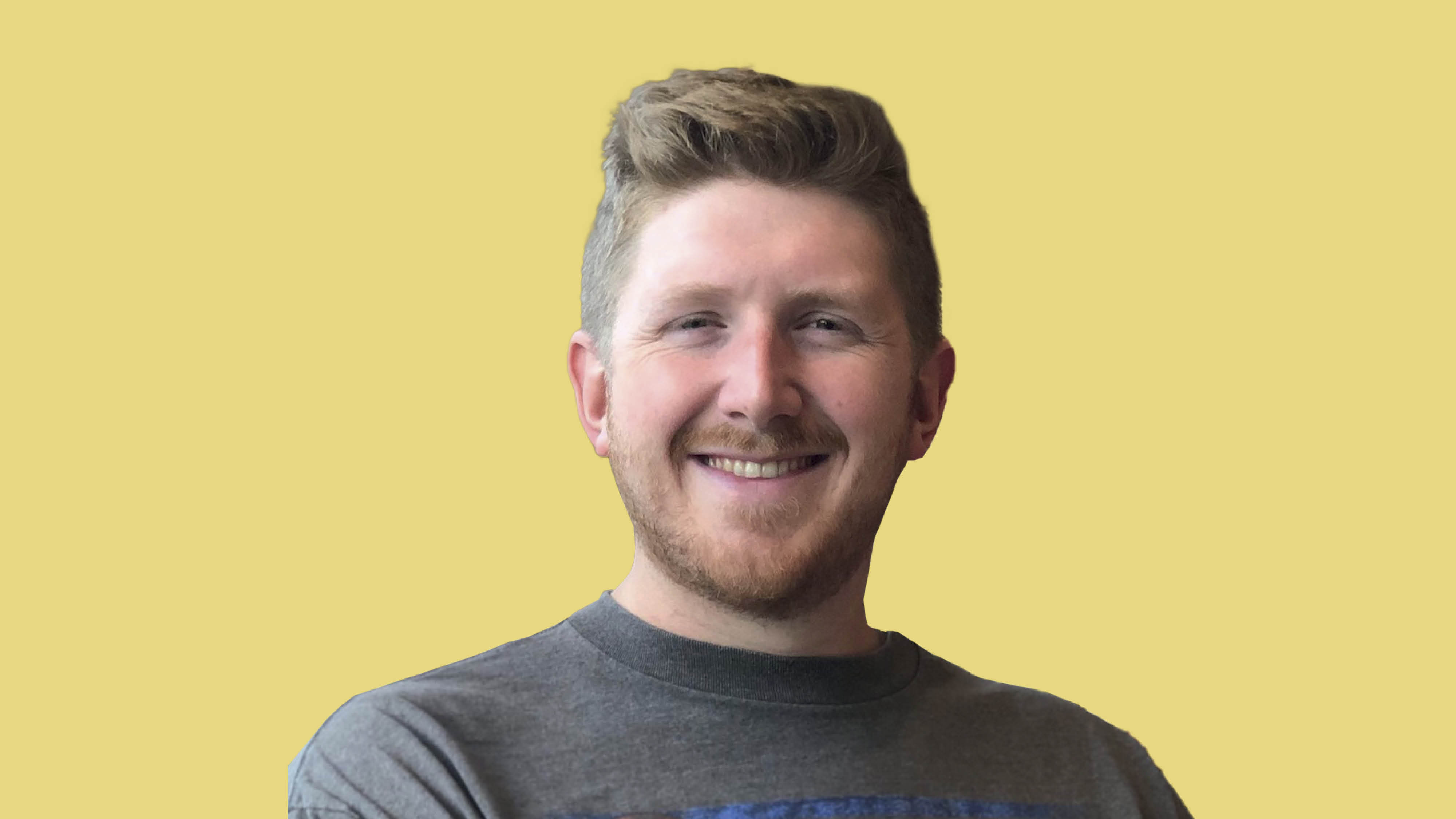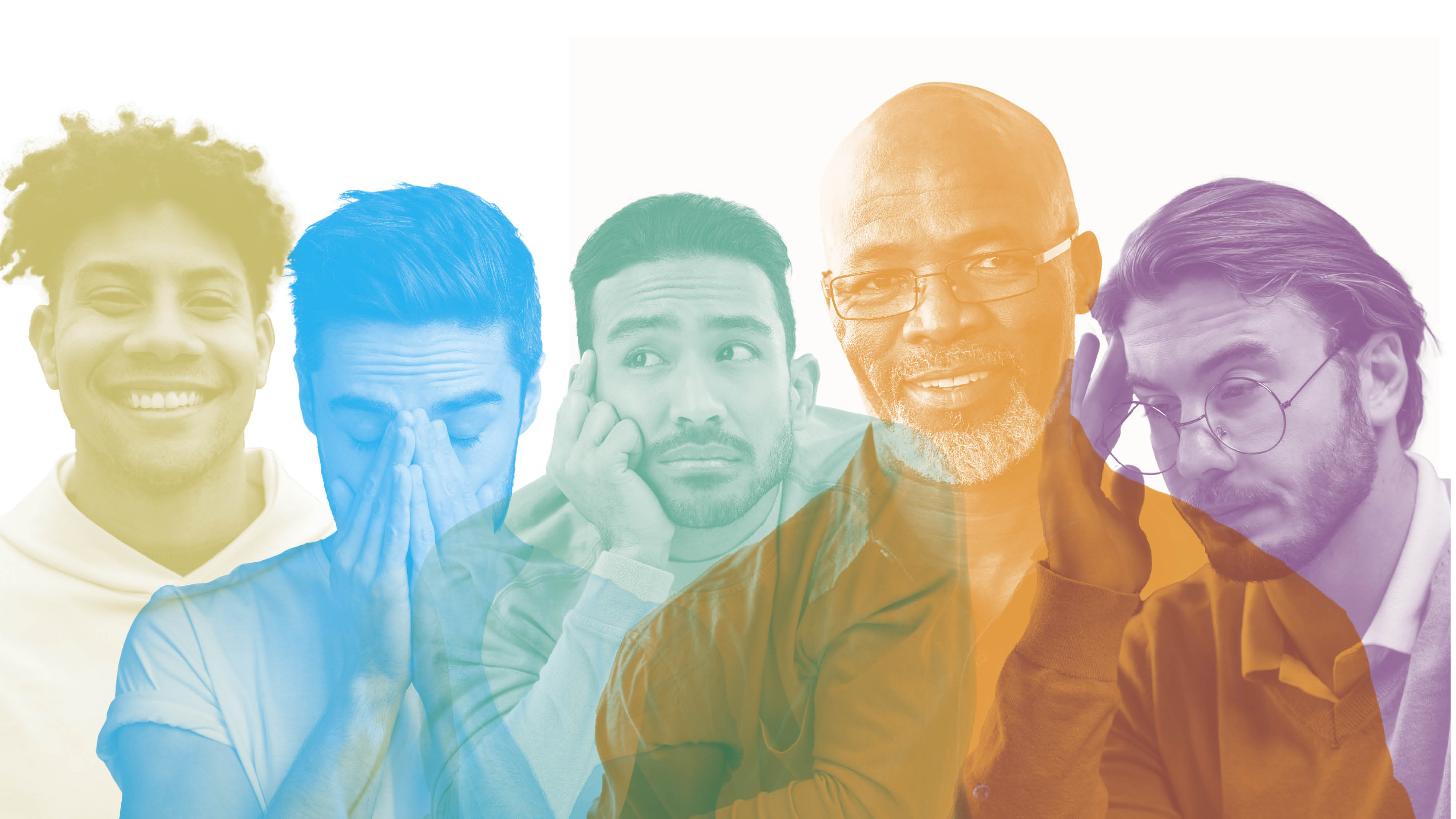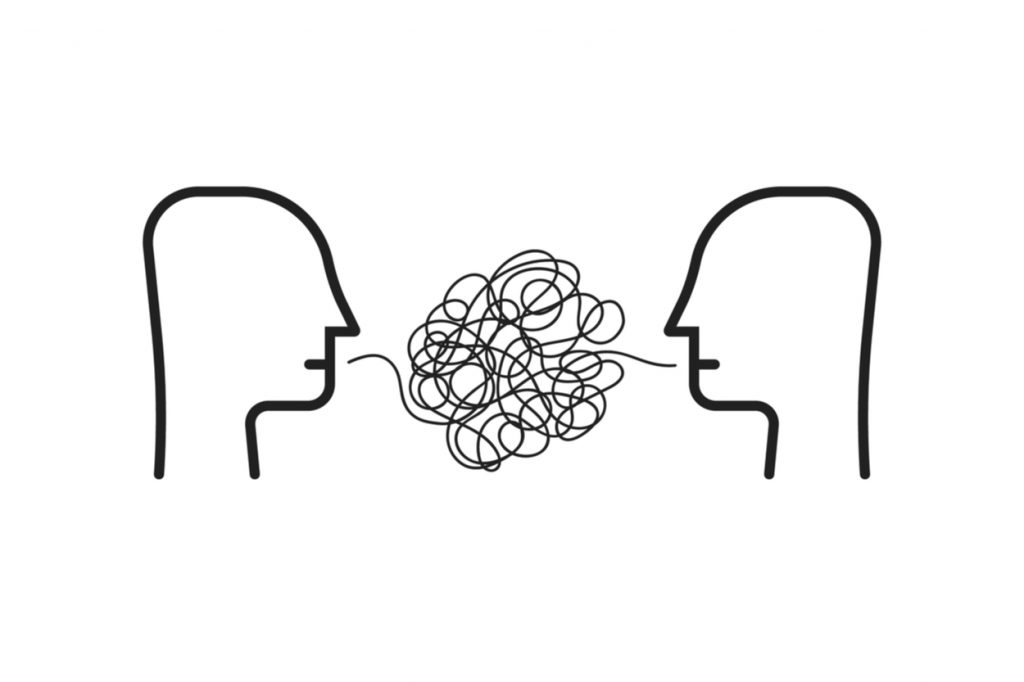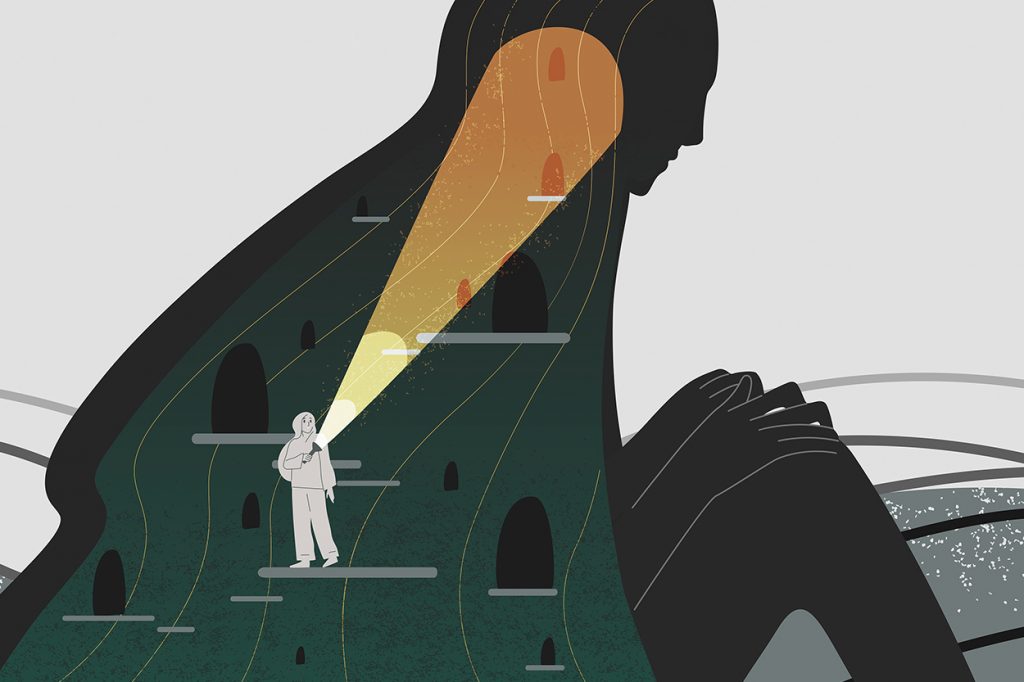
Suicide affects all ages and groups
Throughout the month of September, mental health organizations around the country recognize Suicide Prevention Month. However, working together to develop our collective understanding and awareness of suicide in order to prevent it is something we need to be doing every day. Talking to a counselor about any questions you have about how to help support others or how to get help for yourself is a great place to start.
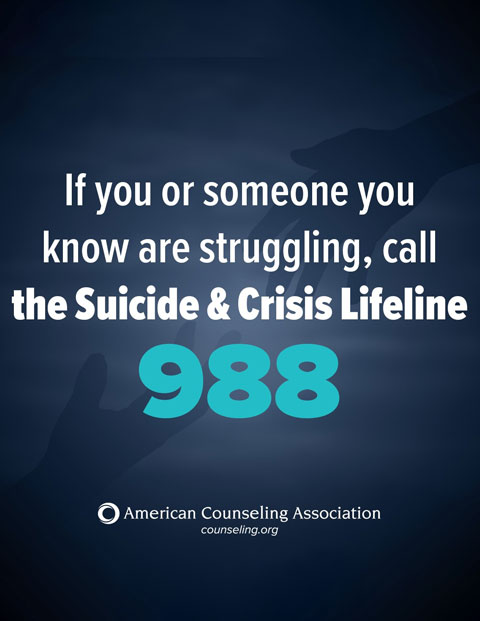
Call or Text 988
The 988 Lifeline is a suicide and crisis lifeline, which uses a network of 200+ local crisis centers to connect people with 24/7 free and confidential support.
The 988 Suicide & Crisis Lifeline’s specialized support for LGBTQ+ youth is at risk. Please advocate for LGBTQ+ youth mental health and tell your legislators to support and continue to fund the 988’s specialized support for LGBTQ+ youth.
ACA SUICIDE RESOURCES HELP ONLINECrisis Center Information
In addition to the 988 Suicide and Crisis Lifeline, the following resources are available if you, or someone you know, need help:
- Veterans Crisis Line: 1-800-273-8255, press Option 1
- Trans Lifeline: 1-877-565-8860 (U.S.) or 1-877-330-6366 (Canada) The Trans Lifeline’s Hotline is a peer-support service for trans and questioning individuals in crisis. All operators are trans-identified.
- Trevor Lifeline: 1-866-488-7386 The only national 24/7 crisis intervention and suicide prevention lifeline for LGBTQ young people under 25.
- TrevorText: A free, confidential, secure service in which LGBTQ young people can text a trained Trevor counselor for support and crisis intervention, available Monday–Friday from 3–10pm ET / Noon–7pm PT by texting START to 678678.
- Crisis Text Line: Crisis Text Line is a crisis-intervention hotline that conducts conversations exclusively by text message. Trained crisis counselors are available 24 hours a day.
- Disaster Distress Helpline: 1-800-985-5990 - SAMHSA’s Disaster Distress Helpline provides 24/7 crisis counseling to people experiencing emotional distress related to natural or human-caused disasters.
- Mental Health - Warm Lines: Warm lines are confidential, peer-run listening lines staffed by people who have experienced mental health conditions themselves.
Related Articles from Counseling Today
General Public Resources from the Counseling Corner
How to Find a Counselor
So you’ve decided to get professional help for a personal struggle or a relationship issue. Finding the right type of provider and service can be daunting and confusing. How do you find a counselor?
Ideally, you should choose a counselor or therapist who specializes in addressing your particular issue. If you’re facing marital problems, for example, you want to look for a marriage and family therapist. If you’re struggling with anxiety, you should look for somebody who specializes in treating that disorder. Many counselors specialize in helping people with substance use disorders or addictions.
Finding a suitable mental health provider is increasingly challenging today. The demand for mental health professionals is projected to grow faster than the number of providers by 2025, according to an analysis commissioned by the American Counseling Association (ACA). People living in rural areas may face a particularly difficult time finding a counselor nearby. Some people assume they can’t afford mental health services.
But state and local governments, along with community organizations, often provide help for low-income households that lack health insurance. And there are many other sources that can help you find the right counselor. Here’s where to look:
Referrals
Your family doctor may provide you with names of counselors who can help. Medical professionals want to know how your mental health might be affecting your appetite, sleep and other physical functions. These areas provide you the opening to ask for a referral. A trusted religious leader or friend might also point you to some licensed professionals.
Your health insurance provider
Your insurance company’s website typically provides a list of practitioners who participate in your plan. Your state Medicaid office may provide a list of counselors who accept Medicaid payments. And Medicare lists participating providers on its website.
Your employer
Many companies and organizations have employee assistance programs (EAPs). Counselors participating in these programs provide free personal and family counseling, help with job performance issues and much more. EAPs typically offer a limited number of sessions for a particular issue, but your EAP therapist can refer you to a long-term provider if you need one.
Community resources
Your local health department or community mental health center provides services for free or on a sliding scale for people who can’t afford a counselor. Your state mental health department will likely prioritize individuals who meet certain low-income criteria.
Online sources
Check your local health department’s website for lists of mental health services in your area. You can also find affordable services through findtreatment.gov, a website provided by the federal Substance Abuse and Mental Health Services Administration.
Professional associations
Organizations representing mental health professionals may have a list of providers. ACA, for example, has compiled a list of places to find a counselor.
When you select a potential counselor, check the individual’s education, training and licensing. A license guarantees that providers have met the standards required by a state licensing board. Some states may have separate boards for different types of counselors.
Looking for more information? Visit the ACA website to learn more about counseling.

